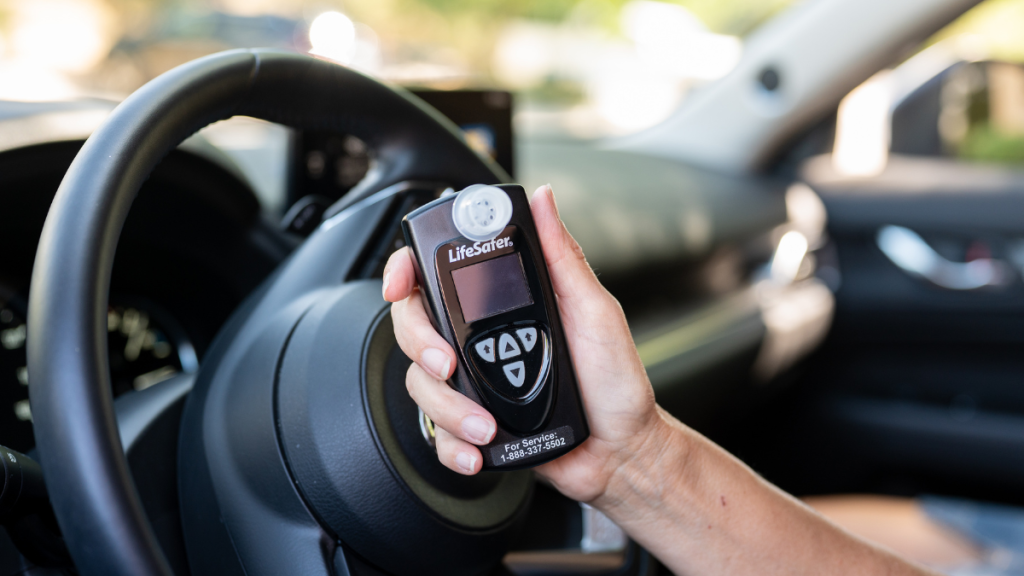Driving under the influence (DUI) is taken seriously in Tennessee, and even a first offense can carry significant consequences. Whether you’re trying to understand the penalties, stay compliant after a conviction, or support someone going through the process, knowing the laws can make a big difference. Here’s a breakdown of what you need to know about DUI laws in Tennessee and what steps are required to get back on the road legally.

DUI Penalties in Tennessee
Tennessee imposes strict penalties for driving under the influence, even for first-time offenders. The legal blood alcohol concentration (BAC) limit in Tennessee is 0.08%. A first DUI offense typically results in a minimum of 48 hours in jail, or seven days if the driver’s blood alcohol concentration (BAC) is 0.15% or higher. Fines can range from $350 to $1,500, and the individual’s driver’s license will be revoked for one year. In many cases, the court may also require the installation of an ignition interlock device (IID) as a condition of restricted driving privileges.
A second DUI offense brings harsher consequences, including a minimum of 45 days in jail and fines between $600 and $3,500. The driver’s license is revoked for two years, and the use of an ignition interlock device becomes mandatory.
For a third offense, the penalties increase substantially. Offenders face a minimum of 120 days in jail, fines ranging from $1,100 to $10,000, and a six-year license revocation. An ignition interlock device is again required once driving privileges are reinstated.
In addition to these legal consequences, individuals may be ordered to complete alcohol or drug treatment programs and perform community service. The severity of the penalties typically depends on the number of prior offenses and the circumstances of the arrest, such as the BAC level or whether minors were present in the vehicle.

The Role of Ignition Interlock Devices
Tennessee law requires the use of an ignition interlock device for many DUI offenders, including all who are granted a restricted driver’s license after a DUI conviction. These devices prevent a vehicle from starting if alcohol is detected on the driver’s breath.
Not all devices are created equal, so choosing a provider with a reputation for reliability and customer support can make the process much smoother. One option that meets Tennessee’s standards is LifeSafer Ignition Interlock, a company known for offering small, discreet devices that are easy to use. While each case is different, getting back on the road legally often starts with selecting a trusted interlock provider and scheduling installation promptly.
Getting a Restricted License in Tennessee
After a DUI-related license revocation, many Tennesseans are eligible for a restricted license, which allows limited driving, typically for work, school, or court-ordered programs.
To qualify, individuals must:
- Apply through the court system
- Obtain an SR-22 insurance certificate
- Install an ignition interlock device (in most cases)
- Pay all required fees to the state
It’s important to work with the Tennessee Department of Safety and Homeland Security (TDSHS) and follow all court instructions carefully to remain in compliance.
Navigating Tennessee’s DUI laws can feel overwhelming, but with the right information and support, it is possible to regain driving privileges and get back on track. From understanding your legal obligations to installing an ignition interlock device, taking proactive steps early can help you move forward with confidence.